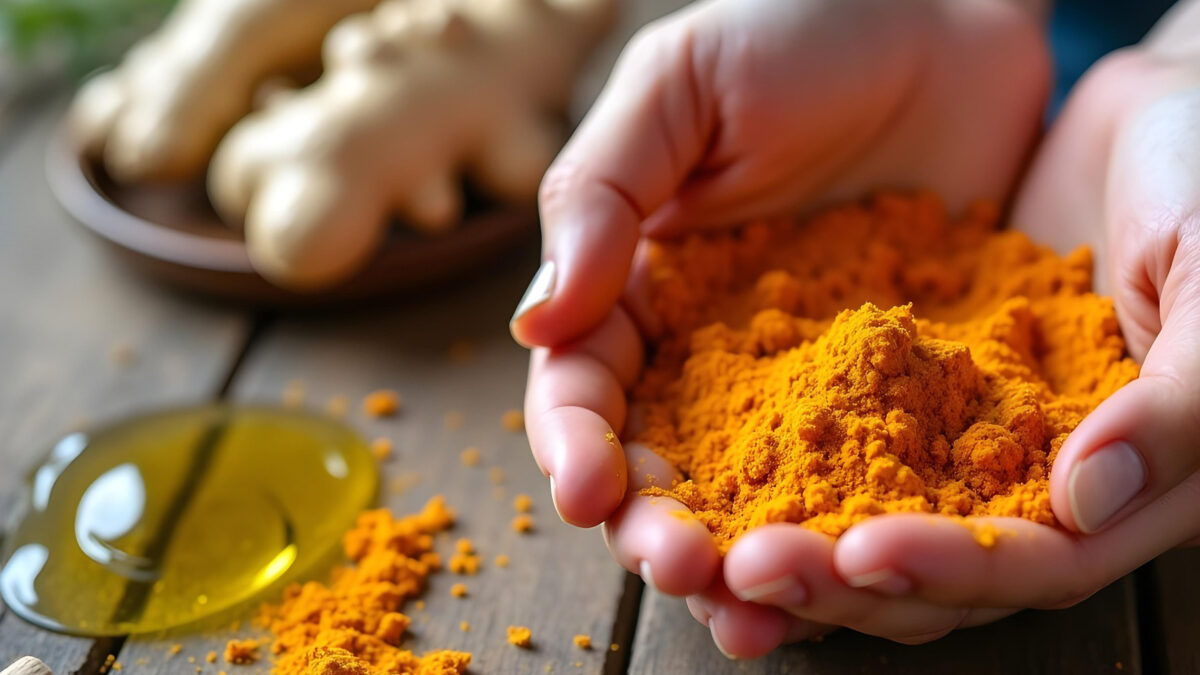Ayurvedic medicine promotes holistic approach to health.
Ayurvedic medicine,
an ancient healing system originating from India, emphasizes balance in the body, mind, and spirit. Rooted in the belief that health is a state of harmony, Ayurveda utilizes natural methods, dietary practices, and herbal supplements to promote wellness and prevent illness. This holistic approach recognizes that each individual is unique, and treatments are tailored to their specific constitution, known as “dosha,” which consists of three elements: Vata, Pitta, and Kapha. Central to Ayurvedic practice is the idea of maintaining balance through diet and lifestyle. Foods are categorized by their effects on the body, and personalized meal plans are created to align with one’s dosha.Incorporating seasonal fruits, vegetables, whole grains, and healthy fats not only nourishes the body but also supports overall health. Ayurveda advocates for mindful eating practices, emphasizing the importance of digestion and the body’s natural rhythms. Dietary supplements play a crucial role in Ayurveda. Herbal formulations, such as ashwagandha, turmeric, and triphala, are commonly used to enhance vitality, support immune function, and promote digestive health. Curcumin, the active compound in turmeric, is celebrated for its anti-inflammatory and antioxidant properties, making it a popular choice for various health conditions.
In addition to dietary changes, Ayurvedic medicine includes natural methods such as yoga, meditation, and massage (Abhyanga) to support physical and mental well-being. These practices help reduce stress, improve circulation, and enhance flexibility, further contributing to holistic health. By integrating dietary supplements and natural methods, Ayurvedic medicine offers a comprehensive approach to health that empowers individuals to take charge of their well-being. With its focus on balance and personalization, Ayurveda continues to be a valuable resource for those seeking a healthier lifestyle and improved quality of life.


